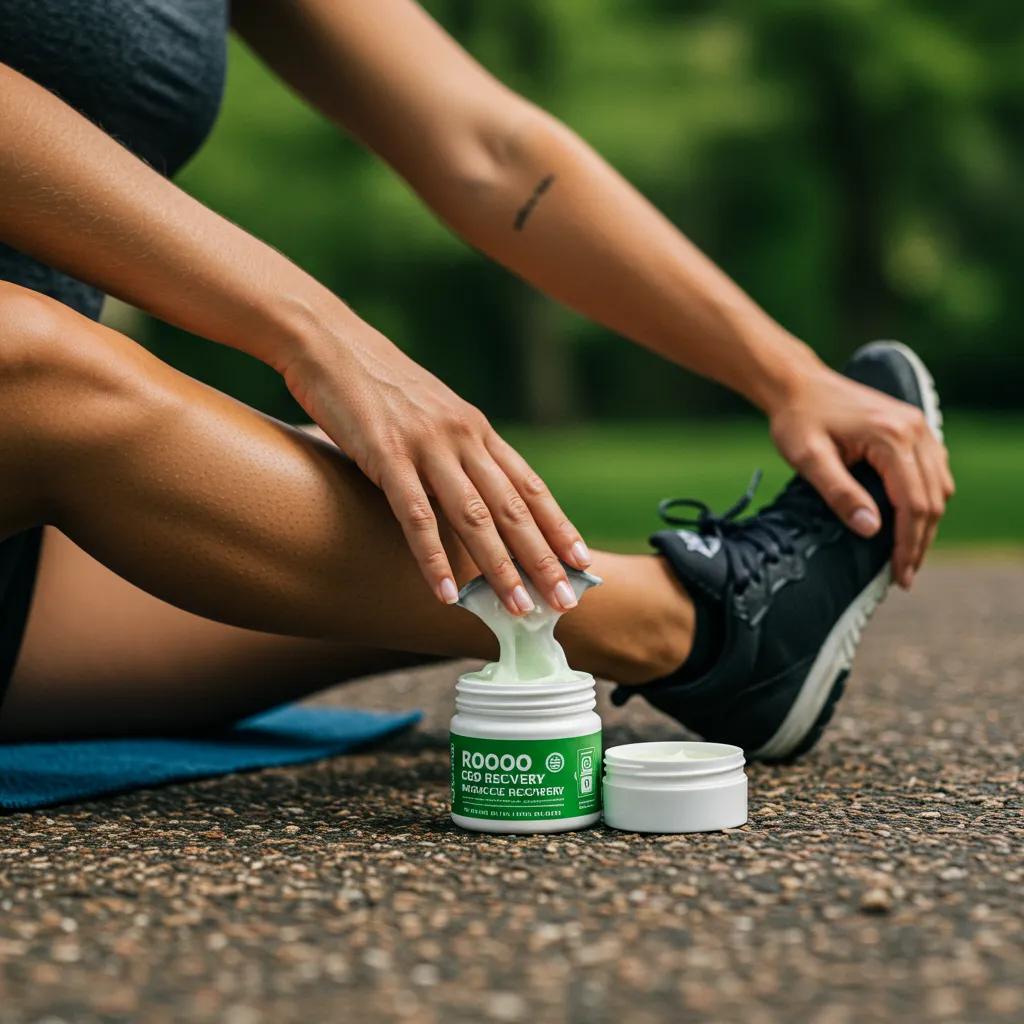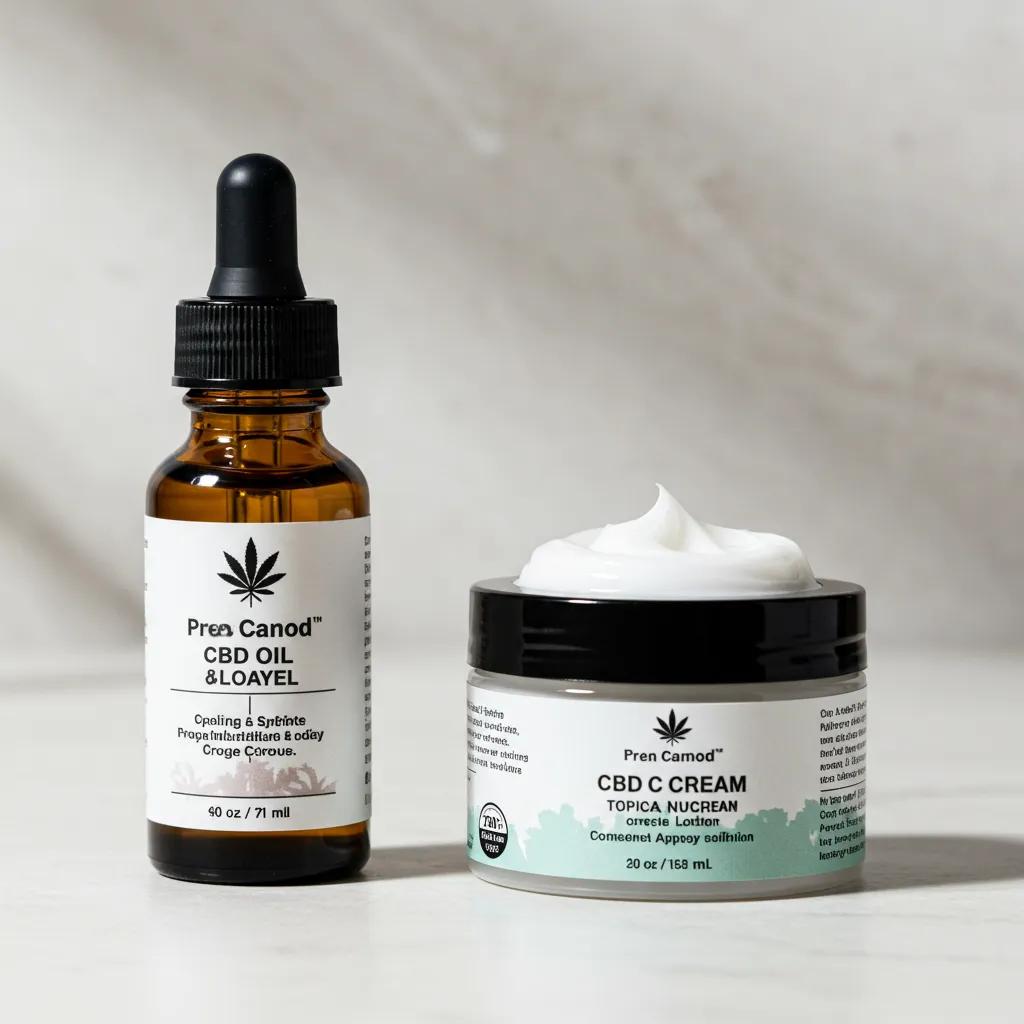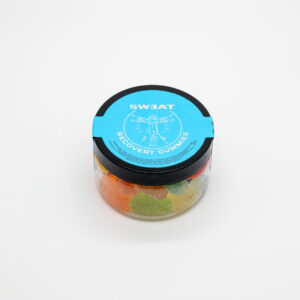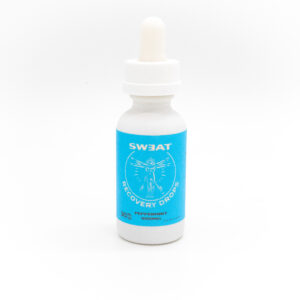Best CBD Products for Muscle Soreness and Post-Workout Recovery
How Does CBD Help with Muscle Soreness and Recovery?
What Is CBD and How Does It Work in the Body?
How Does CBD Interact with the Endocannabinoid System for Recovery?
CBD and the Endocannabinoid System
In What Ways Does CBD Reduce Inflammation and Pain After Exercise?
CBD and Inflammation Reduction
CBD and Pain Perception
What Scientific Evidence Supports CBD for Muscle Recovery?
What Are the Top CBD Products for Post-Workout Muscle Soreness?
How Do Recovery Gummies Help Relieve Muscle Soreness?
What Role Do Zen Gummies Play in Sleep and Relaxation for Recovery?
How Do CBD Oils and Topicals Compare for Targeted Muscle Relief?
| Format | Delivery Method | Primary Benefit | Onset Time | Best Use Case |
|---|---|---|---|---|
| CBD Oil | Sublingual absorption | Full-body inflammation control | 15–45 minutes | Post-workout systemic pain and stress |
| Topical Cream | Skin-surface application | Localized muscle and joint relief | 10–20 minutes | Targeted soreness, especially joints |




